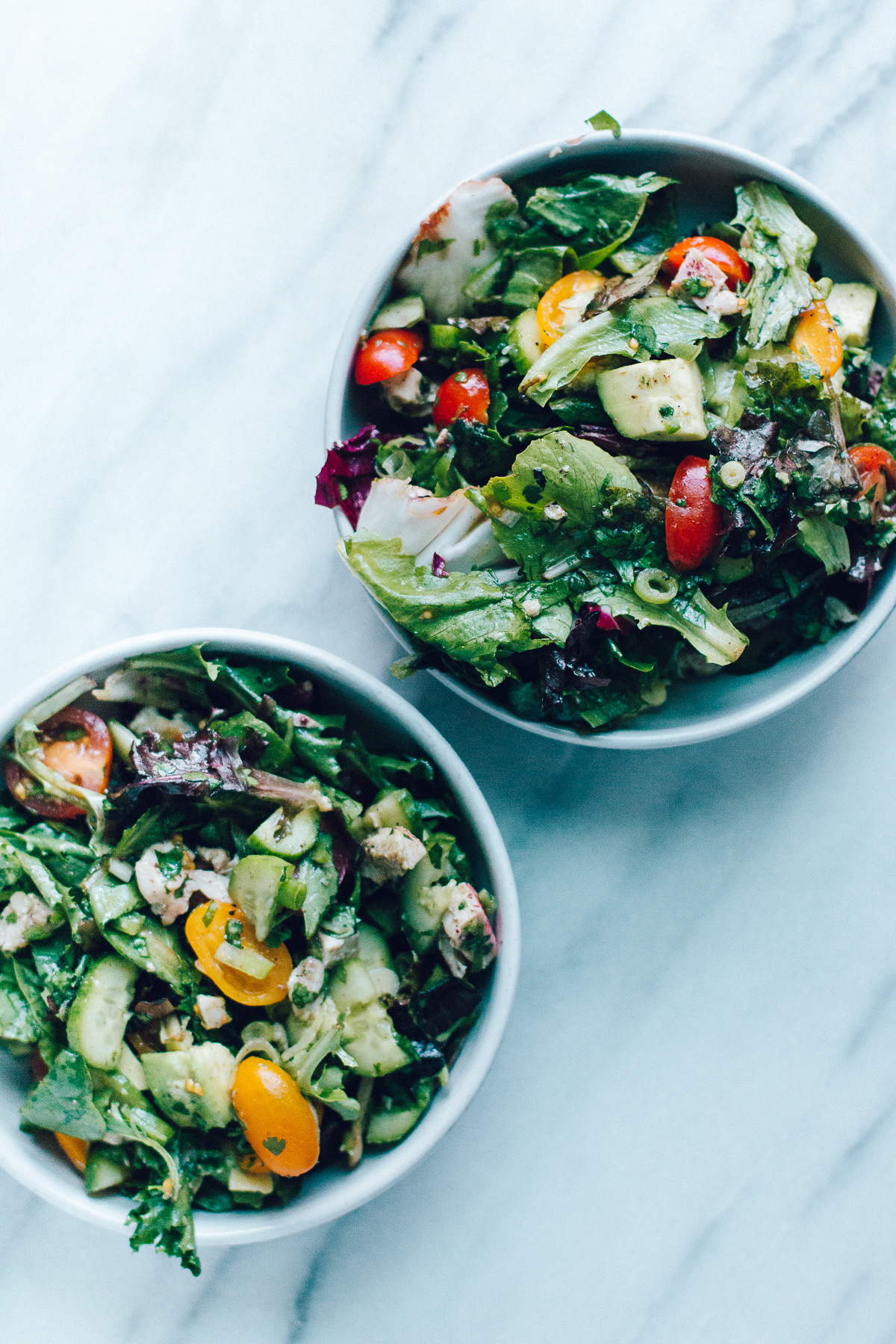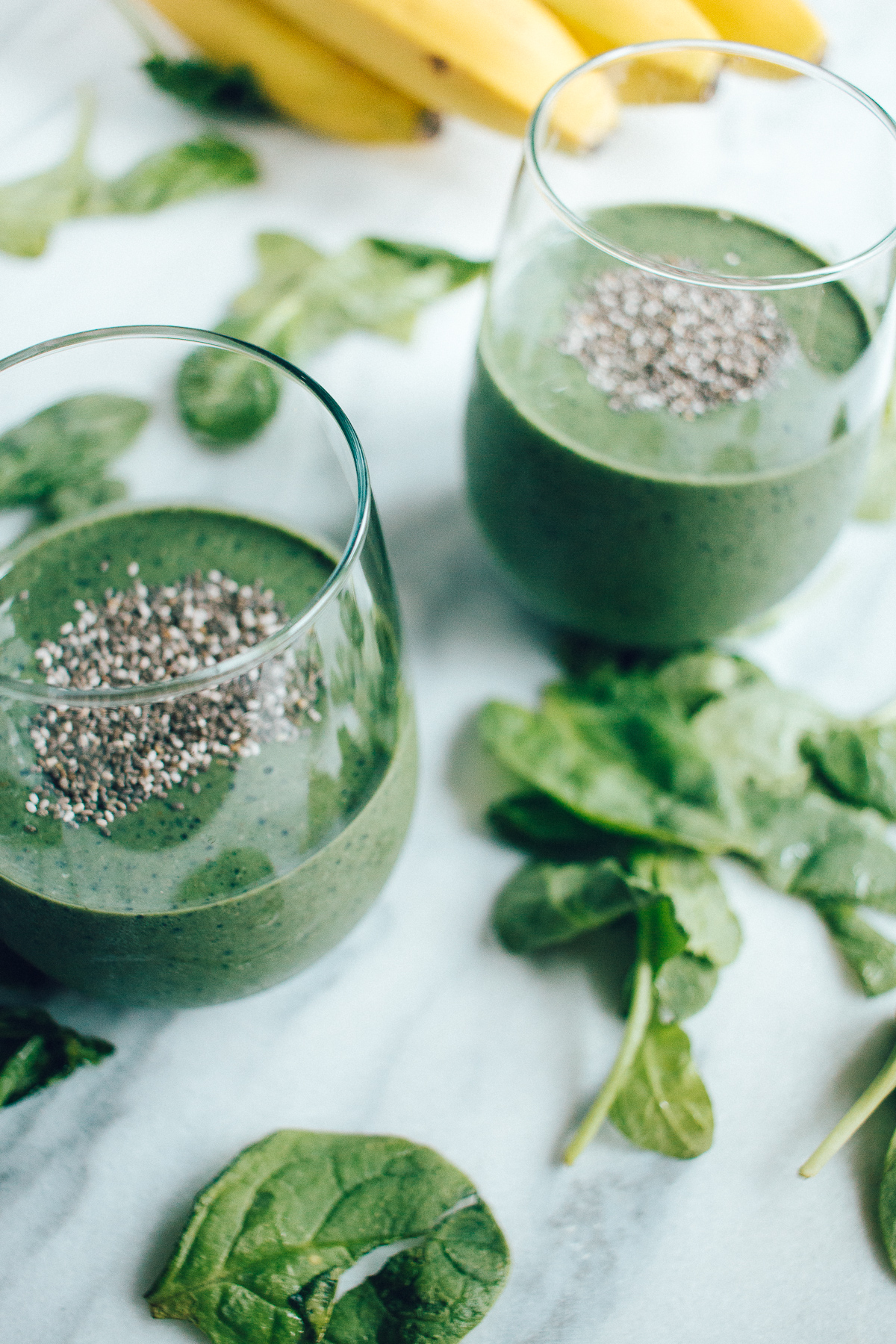Registered dietitian, functional nutritionist, & your new fertility BFF. I'm passionate about helping women thrive during preconception, pregnancy, and postpartum.
Nutrition
PCOS
Fertility
View All
Explore the blog
Hi, I'm Anabelle
Non-toxic Living
Work with our team
5 Simple Ways to Boost your Metabolism
If you’re looking for a few simple ways to boost your metabolism, this will be the perfect blog post for you. I know there’s a ton of nutrition information on the internet (some credible, some not) – but when it comes to metabolism, there’s a few key things you need to know before we dive in to the nitty gritty.
Your body breaks down and stores macronutrients in different ways.
I spent the last four months studying nutritional biochemistry at Harvard, and trust me, it gets complex. Essentially your body will either use up, store, or excrete nutrients depending on what it needs. Excess protein gets excreted as ammonia, used to make glucose (blood sugar), or fat. Carbs and fat are either used for fuel or stored for later. Carbs specifically can get stored in the liver and muscles (as glycogen) or in fat cells. So when you’re eating excess carbs and fat, they get stored. (Your body wants to make sure you have enough storage nutrients should you starve – very smart, but most of us are not starving).
There are many different hormones that your body relies on for metabolism.
The big ones are insulin and glucagon – your storage and fat burning hormones. Essentially when you eat sugar (carbs), your blood sugar rises quickly as the food is broken down. Remember, we need glucose for energy. When glucose rises, insulin is released (through a series of complex mechanisms) from the beta cells in your pancreas, and shuttles glucose into muscles, brain, liver, and any other tissue that needs it. However, when there is too much blood sugar, insulin will store the it in fat cells. Glucagon on the other hand, has the opposite effect. Glucagon is a fat burning hormone – and is only present in the blood when insulin is not. Insulin typically stays in the blood for 4-6 hours, and is released after every meal with carbs.
There are many other mechanisms that come into play for metabolism including stress, sleep, nutrition, exercise, hormones and more.
And in general, our metabolism slows down as we age. Maybe you notices that when you were younger you could eat whatever you wanted without gaining weight, while now in your 30s you can’t even glance at a piece of pizza without gaining weight. I’m kidding obviously, but you get the point.
5 Simple Ways to Boost your Metabolism
Lucky for you, there are things we can do to help our metabolism out and give it a boost and be in more of a fat-burning mode, rather than a fat-storing mode.
1. Eat a combination of lean protein, healthy fats, and fiber to keep your blood sugar curve longer
Remember how we said insulin is released when we have an influx of glucose aka blood sugar? Essentially what this means is that by eating a steady stream of carbs for breakfast, lunch, and dinner we’re keeping our body on a blood sugar roller coaster. Sugar spikes up, insulin is released, sugar goes down, we get hungry and eat, sugar spikes up again, and so on. Think about when you’ve maybe eaten a bowl of oatmeal or cereal for breakfast, and by 10am you’re STARVING. I know I’ve been there, and it’s not fun. It all comes down to balancing out your plate.
I’m not saying to eliminate carbs, I hope we’re all past the point of this mentality – because you really NEED all of the macronutrients. Instead, think about carbs coming in the form of non-starchy vegetables, some fruit, and whole grains/starchy vegetables. The key is to pair it with protein, healthy fats, and fiber. If you’re looking for some recipe ideas that include these components, check out some healthy options here, here, and here.
2. Focus on Fiber
Another important hunger hormone is called ghrelin and it is signaled via stretch receptors in your stomach. When your stomach is empty, stretch receptors sense this, and ghrelin is released, signaling to your brain to “eat more, metabolize less.” In contrast, when the stomach is full, leptin is released, signaling to your brain “eat less, metabolize more.”
And do you know what does a really good job of stretching out your stomach? Fiber. Fiber can help turn off hunger hormones like ghrelin, while also bulking up stool and making you more “regular” aka going to the bathroom more often. A healthy digestive system is indicative of a healthy metabolism – remember that!
How should you focus on fiber? By including things like non-starchy and starchy vegetables, fruit, chia seeds, flax seeds, psyllium husk, acacia fiber, etc. But again, the bulk of your diet should come from vegetables, they are the nutrient powerhouses here.
3. Drink Up
Water is essential to life. We need water for everything happening in our bodies, and we’re comprised mostly of water. Did you know that your metabolic rate actually decreases when you’re dehydrated? Yep, drinking water will significantly help move things along in your digestion and help decrease bloating.
Unfortunately for us, our thirst mechanism is a little weak, and only when we’re super dehydrated do we remember to drink some water. I know I personally struggle with this, and will sometimes go the entire day forgetting to drink water! If you’re having a hard time with late night snacking, I suggest trying to drink some water or herbal tea instead to see if you’re actually just thirst instead of hungry. (or practice some mindful eating techniques)
4. Avoid High Sodium and Processed Foods
Highly processed foods will have higher levels of sodium (salt) along with other naturally high sodium foods like pickles, will make you retain water. Remember, we want to be hydrated, not dehydrated. Not only to highly processed foods have high amounts of sodium, they tend to have trans fats, sugars, and many chemicals to help preserve shelf life.
We want fresh whole foods, not boxed up food-like substances. If you want to feel like a KWEEN, you can’t be eating off the dollar menu.
5. Get a Good Night’s Rest
If you stick around the WSN community, you’ll hear me talk about sleep a lot. Of all my wellness practices, sleep has always been something that I’ve prioritized. Throughout graduate school, working multiple jobs, running a business, traveling, etc. – I always get 8 hours of sleep. No exceptions.
Not only do I know that I need 8 hours to feel my best, but I’m also more productive, nicer, and less hungry when I’ve had a good night’s rest. When you sleep for less than 8 hours, ghrelin levels increase (hunger hormone) and leptin production decreases.
When you don’t sleep well, you’ll be more likely to be hungry the next day, going for the apple pie, and not the apple with almond butter and chia seeds, you feel me?
The Easy Way To Boosting your Metabolism
Many of the things we desire with our health come back to the same core principles. Eat a plant forward diet, get good rest, exercise, and feel well. I hope this article was helpful for you, leave your questions and comments below or reach out to me on Instagram. I would love to hear what you thought!
Leave a Reply Cancel reply
The Preconception Playbook
This free playbook provides specific actionable tips to get started on your fertility journey, as well as what to avoid while you're trying to conceive.
Get the free playbook
Functional nutrition for women & couples trying to conceive
Get the Preconception Playbook
Actionable tips to get started on your fertility journey, as well as what to avoid while you're trying to conceive.






This was a rock star blog post! Loving the easy readability paired with intelligent, well grounded facts. Simplifying eating seems like the healthiest way to go, especially since it’s such an emotional topic in our society.
Thanks so much for your feedback Leviah! I’m glad it resonated with you!
Thanks for the great guide
glad you enjoyed it Rosetta!
Thanks, it’s quite informative
Thanks for the great post